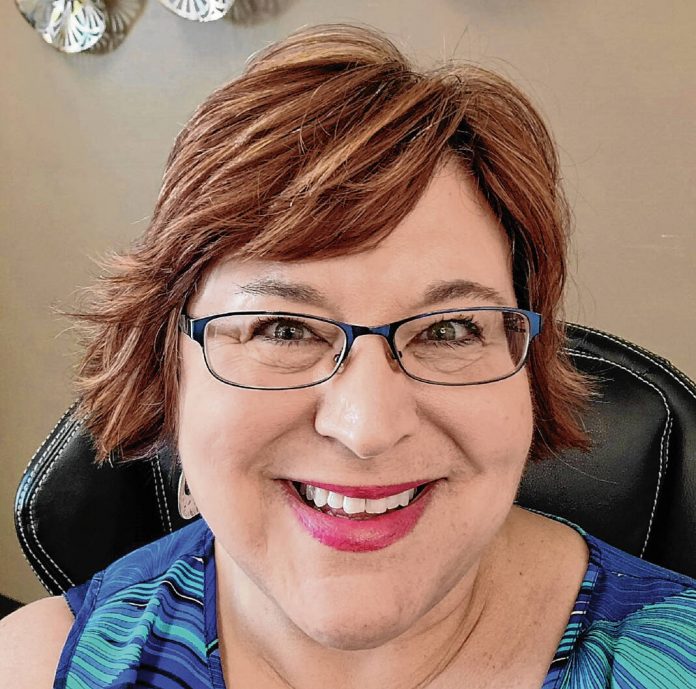Maybe it’s because Robin Leach’s “Lifestyles of the Rich and Famous” predominated my young adulthood, but when I heard the term “lifestyle medicine” a couple of weeks ago, two images popped into my head: guru doctors with celebrity clients, and Dr. Oz highlighting the latest unproven wellness theory. I thought it might be one of a long line of health and fitness crazes that is here today, gone tomorrow, requiring a pricey investment in unregulated dietary supplements, fancy cold-pressed juices, a subscription-based app and the newest exercise equipment.
It’s a real thing, though. And it’s been around for a long time as the first line of defense for preventing and treating chronic conditions such as cardiovascular disease, type-2 diabetes and obesity. But it’s only been in the last decade or so that it has been recognized as a clinical specialty in which physicians can earn board certification.
In lifestyle medicine, certified clinicians apply evidence-based, whole person, prescriptive lifestyle change to treat and potentially reverse chronic conditions. These treatments address six pillars of wellness including whole food/plant-based nutrition, regular physical activity, restorative sleep, stress management, avoidance of risky substances and positive social connections.
In thinking about health-related initiatives the state makes policy on, lifestyle medicine sits at the intersection of physical health, mental health, social determinants of health and social health. At the risk of rickrolling you as a reader, so do Indiana’s Area Agencies on Aging, who have been engaged in supporting lifestyle medicine for 50 years.
May is Older Americans Month, and just last week, we celebrated the 50th anniversary of Area Agencies on Aging establishment in the 1973 Older Americans Act reauthorization. Since then, Indiana AAAs have proven themselves your local leaders that continually launch and coordinate a growing range of innovative services and supports that help older Hoosiers age well at home and in their communities.
Our nutrition programs help older adults eat healthful home-delivered or congregate meals that meet rigorous dietary requirements. They provide vouchers for local farmers’ markets during the summer. They provide nutrition education and connect older adults with SNAP benefits to help them access nutritious foods at the grocery store year-round.
In our most recent innovation, Indiana AAAs have partnered with the Elevance Health Foundation to supply additional fresh produce to our nutrition program participants statewide, with a $4.4 million foundation investment over three years, to reduce the impacts of diabetes, obesity, high blood pressure and other chronic conditions. We are aptly calling it “Produce for Better Health.”
AAAs all operate evidence-based health agency prevention programs with offerings to address balance, fitness, diabetes and chronic-disease self-management. A popular model across the state is Bingocize, a 10-week, evidence-based health program that combines exercise and health information with the familiar game of bingo, which is a great and fun way to get seniors moving and socializing.
Our caregiver support programs address the real problems of burnout and stress among unpaid family caregivers. A variety of in-home services, care management and other supports address the burdens and worries brought on by conditions of aging, disability and increasing frailty. And transportation, senior center, congregate meal, senior volunteer, friendly caller and online community programs provide the avenues for social connection that, thanks to the pandemic, we all now realize is critically important to our health and overall well-being.
Kristen LaEace is CEO of the Indiana Association of Area Agencies on Aging. This commentary previously appeared at indianacapitalchronicle.com. Send comments to [email protected].




